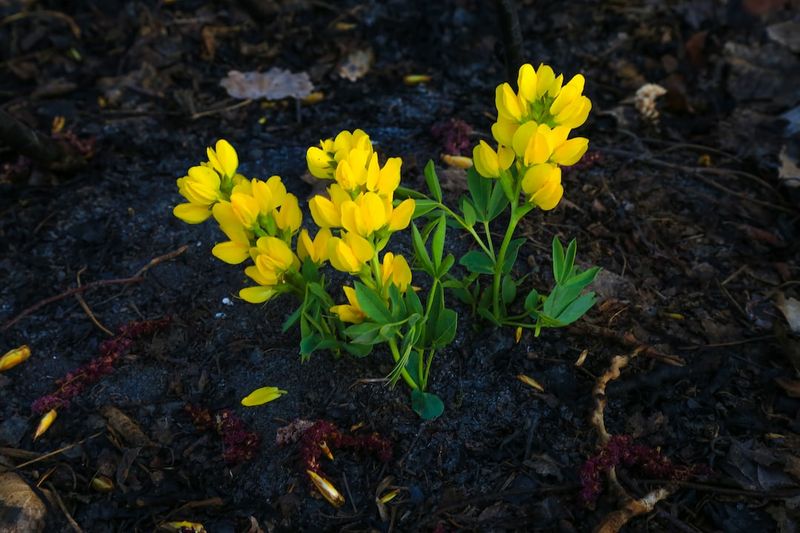Table of Contents
Dispatches: Survivors Speak Out on Sexual Violence in West Darfur
Introduction
In a recent report by Human Rights Watch, the survivors of sexual violence in West Darfur have bravely come forward to share their harrowing experiences. The report sheds light on the atrocities committed by the Rapid Support Forces (RSF) and allied Arab militia in the town of El Geneina and calls for urgent action to address the ongoing crisis. The testimonies of survivors Nusra and Khadija highlight not only the physical and psychological scars they bear but also the dire lack of support and services available to them.
A History of Sexual Violence
The report emphasizes that sexual violence against women and girls has long been a weapon employed during armed conflicts in Sudan. The authorities and militias in Darfur have consistently used rape and sexual violence as deliberate strategies against non-Arab communities. This horrifying trend dates back to the early 2000s and continues to this day, with cases of rape in El Geneina being reported between May and late June.
The Plight of Nusra and Khadija
Nusra and Khadija, both in their twenties, endured unimaginable trauma when RSF fighters and Arab militiamen carried out house-to-house searches in the Massalit neighborhoods of El Geneina. Nusra recounted her terrifying ordeal, explaining how she was coerced at gunpoint before being raped. Meanwhile, Khadija, a single parent of three young children, expressed her desperation to not be pregnant again after the attack, highlighting the urgent need for reproductive care for survivors.
A Lack of Support and Services
The makeshift settlement in eastern Chad, where Nusra and Khadija now reside, offers little in terms of support for survivors. Access to emergency care, psychosocial support, and other vital services is severely limited. While some survivors have managed to access emergency support, the widespread attacks on health care and looting of health facilities have impeded timely treatments. The Minimum Initial Service Package, which should guarantee reproductive care for survivors in crisis situations, remains inaccessible for many.
Call for Action
The report asserts that immediate action must be taken to address the plight of survivors in Sudan and Chad. The United Nations Security Council is urged to demand a briefing by the special representative of the secretary-general on sexual violence in conflict, and to impose the UN’s Darfur sanctions regime on the commanders responsible for the atrocities committed against Nusra and Khadija. Additionally, donors must provide increased resources to ensure survivors receive comprehensive care, including emergency support, long-term psychosocial and health care, and assistance if they seek justice.
Editorial: Ending the Culture of Impunity
This report once again highlights the urgent need to address sexual violence as a weapon of war and to hold perpetrators accountable. Sexual violence not only inflicts physical and psychological harm on survivors but also perpetuates a culture of impunity. Sudan has a history of failing to address the issue of sexual violence, and it is crucial that the international community takes responsibility to ensure justice and support for survivors.
Raising Awareness and Resilience
The power of storytelling cannot be underestimated in cases like these. By sharing their stories, Nusra and Khadija have not only highlighted their own suffering but also shed light on the experiences of countless other survivors. It is incumbent upon governments, organizations, and individuals to amplify these voices and advocate for the support and services survivors desperately need. Moreover, efforts must be made to foster resilience within survivor communities, ensuring that they are empowered to rebuild their lives and find healing amidst unimaginable pain.
Lessons from West Darfur
The crisis in West Darfur serves as a stark reminder of the ongoing struggle for women’s rights and the need to combat sexual violence globally. It is imperative that governments and civil society organizations work together to prevent sexual violence, respond effectively to survivors’ needs, and bring perpetrators to justice. By learning from the experiences of survivors in West Darfur, we can strive for a world where no one suffers in silence and every survivor receives the care and support they deserve.

<< photo by David Wirzba >>
The image is for illustrative purposes only and does not depict the actual situation.
You might want to read !
- The Disturbing Execution of Two Men in Bangladesh: A Grim Reflection of Human Rights Violations
- Remembering the Tragic Loss: Reflections on the One-Year Anniversary of the Ukrainian POWs’ Fatal Explosion
- Istanbul Police Under Fire: Allegations of Mistreatment and Brutality Against Peaceful Protesters
- The Future of Renewable Energy in Southeast Asia: An Interview with Jefferson Chua
- South Sudan: A Call for Revising the National Security Service Bill
- Zimbabwe’s Uphill Battle: Elections Amidst Systematic Human Rights Abuses
- Nine Afro-Latina and Afro-Caribbean Women: Warriors for Justice
- Insights into the Philippines’ ICC Affirmation: An Assessment of the Prosecutor’s Inquiry
- Zimbabwe’s Death Penalty Debate: Reconsidering Punishment for Tapiwa Makore Murder
- Addressing the Unrest: Confronting the Escalating Violence in West Darfur
- The Darkest Hour: Upholding Security Amidst Escalating Violence in West Darfur
- The Ongoing Tragedy of Unjust Drug Executions in Singapore
- Deep Sea Mining: A Ticking Time Bomb for Marine Ecosystems